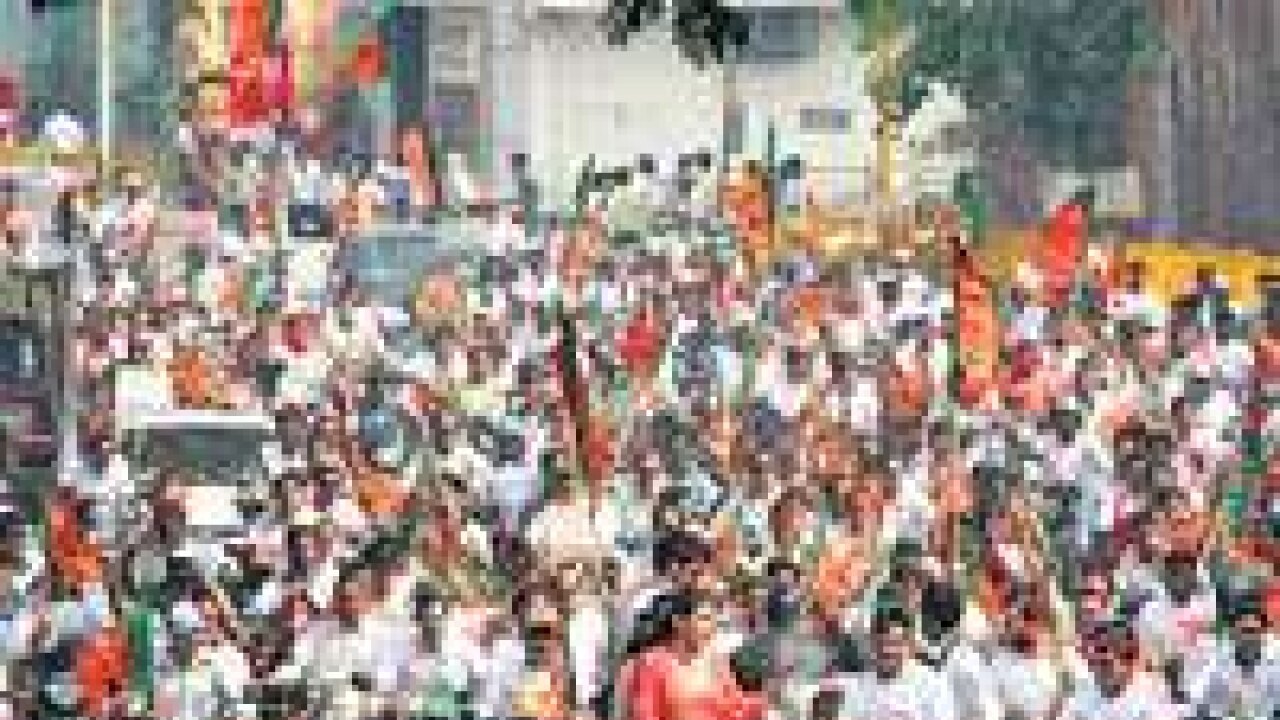
Subhash C Kashyap, who was a member of the National Committee for the Review of the Constitution, talks to DNA about the controversy surrounding the Election Commission.
What’s the importance of a free and autonomous Election Commission?
Being a parliamentary democracy governed by a number of elected representatives who may be holding allegiance to different political ideologies, an independent body insulated from political biases is a must. The success of our democracy is because of the autonomous EC.
How can an influenced EC harm democracy?
Article 324 of the Constitution vests in the EC the power of superintendence, direction and control of elections. The Supreme Court has interpreted the role of EC as ‘reservoir of power’ that would enable it to fill the gaps in the law to ensure fair elections. Thus, a self-regulating EC, like an independent judiciary, is a must for upholding the duly elected legislature that’s chosen by people fearlessly.
You were a member of the committee set up by the NDA government in 2000 to suggest changes in the EC…
Yes. It recommended that some policy should be devised to encourage public-spirited professionals to contest elections and give to the legislature the benefit of their expertise and experience for a term or two. Second, the EC should be unanimously appointed by a body consisting of the Prime Minister, the Leader of the Opposition, the Chief Justice of India and the presiding Officers of Lok Sabha and Rajya Sabha. This should also be done for the State Election Commissioners.
How do you view the current controversy surrounding the office of EC role of the CEC?
The Constitution must be allowed to have its say. The office of EC or CEC should not be politicised. That would be fatal for democracy. It is incumbent upon the outgoing CEC, like the Chief Justice of India, to inform the President about the experiences during his term and also suitability or otherwise of his successor. This information is given in writing and is based on explicit reasons. It helps the President who acts on the advice of the Union Cabinet in making the correct choice of a successor to the high constitutional office.
Is the advice binding on the government?
In fact, the President acts with the aid of the cabinet. Thus, the information provided by the CEC is forwarded to the political executive to examine whether the reasons given by an outgoing incumbent are cogent, fair and give reasonable grounds for reconsidering the prospects of the successor. If the reasons smack of malafide intentions or personal prejudice, the cabinet could refuse to accept them. Otherwise, they deserve acceptance by the cabinet.
What happens if the government ignores the suggestion given by outgoing EC N Gopalaswami that the seniormost EC, Navin Chawla, doesn’t deserve to hold the high office?
The law minister has already declared Chawla as Gopalaswami’s successor. There’s no legal or constitutional bar. But the people’s confidence in the independence of the commission may be eroded. That might cast a shadow on future elections in the country.
Do you find it absurd that the CEC is on par with ECs, but he can suggest their removal?
The constitution envisages that the government can consider removal of ECs or state ECs on the recommendation of the CEC. The government can’t take a decision on its own. Thus, the Constitution ensures independence of ECs by insulating them from any arbitrary sack order by the ruling political party. Though the CEC is also among equals like the Chief Justice of the Supreme Court on the dispensation side, he is above the other commissioners on the administrative side.
Since the CEC is on par with the judges of the superior court, he can only be removed from office by the same procedure. It may be noted that antagonists of the CEC letter to the President suggest that his recommendation should have been unanimous. They argue that the CEC didn’t consult other ECs. It sounds bizarre that the three members sit together and discuss and arrive at a majority decision that one amongst them should be removed from office.